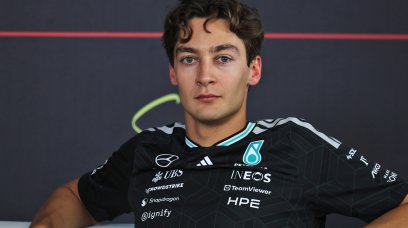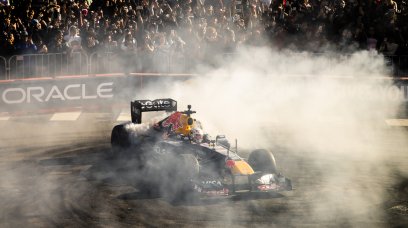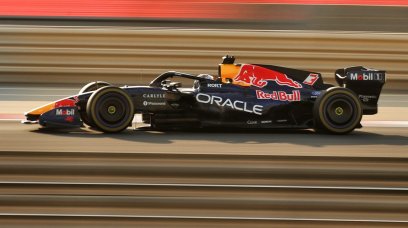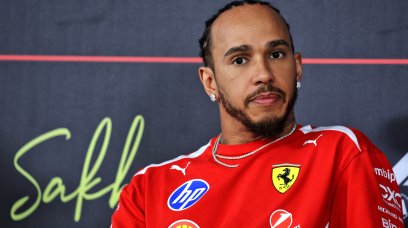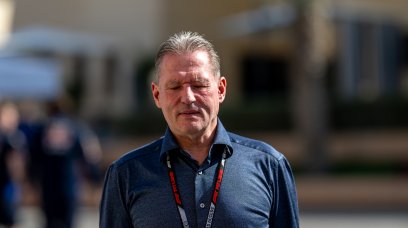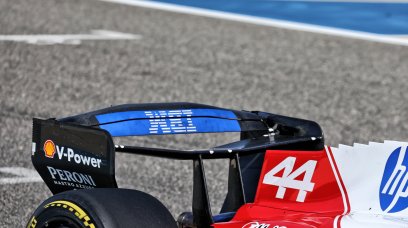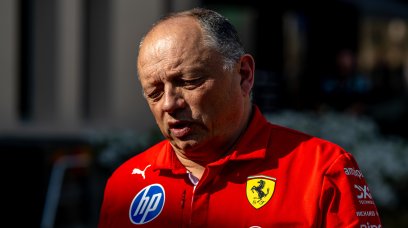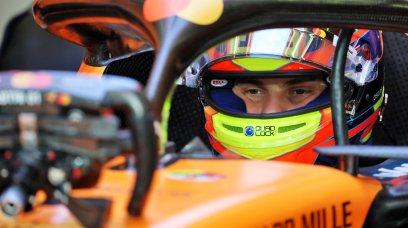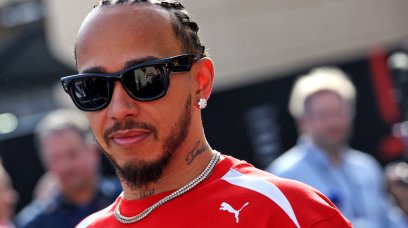Disqualification from a Grand Prix is rare in Formula 1, but it does happen from time to time. Before Lewis Hamilton and Charles Leclerc's second and sixth places respectively, were expunged from the records, the last technical DSQ from an actual race came in 2021 when Sebastian Vettel's second place in Hungary was chalked off as his car could not supply the necessary fuel sample post-race. Before that, the Renaults of Nico Hulkenberg and Daniel Ricciardo were removed from their 2019 Japanese GP points finishes for using prohibited driver aids after Racing Point (now Aston Martin) protested. Hamilton and Leclerc were both pinged for breaches of Article 3.5.9 of the Technical Regulations, relating to the plank - a block of wood placed underneath the car. "The thickness of the plank assembly measured normal to the lower surface must be 10mm ± 0.2mm and must be uniform when new," reads the rule. "A minimum thickness of 9mm will be accepted due to wear, and conformity to this provision will be checked at the peripheries of the designated holes." When Technical Delegate Jo Bauer and his team examined the planks of Hamilton and Leclerc, the wear was greater than the 1mm permitted by the regulations, and so at that moment, disqualification became inevitable as the only possible sanction for being outside of the technical regulations.
Precedent from Michael Schumacher
Disqualification for excessive plank wear is nothing new either, with Michael Schumacher's Benetton removed from the 1994 Belgian Grand Prix for a similar offence. The plank was introduced at the 1994 German Grand Prix as a safety measure following the deaths of Roland Ratzenberger and Ayrton Senna in that year's San Marino Grand Prix. The idea was to have the plank of wood there to raise ride heights, thus slowing the cars. The worn planks for both Hamilton and Leclerc were found during routine post-race scrutineering in which the #44 and #16 were both randomly selected for more detailed checks in addition to the standard ones performed on all cars. Max Verstappen's Red Bull and Lando Norris's McLaren were the other two cars checked post-race for more detailed examination. The fact that four cars were submitted to further checks and two of them failed led to some on social media to claim that the strike rate of 50% surely indicated that others too must have been in a similar situation. However, it is impossible for the FIA to do the more thoroughly detailed checks on every car after every race, with the idea of random selection being deterrent enough for anyone thinking about risking running illegally. In their verdicts, the stewards placed "the onus on the competitor to ensure that the car is within the regulations at all times during an event." Both Hamilton and Leclerc were found not to be in and so were promptly disqualified. There is the opportunity for an appeal as permitted by the regulations but seeing as both teams agreed with the findings of the FIA technical team, the process will not be followed.
Mercedes react
"We are of course naturally very disappointed to lose our podium finish. Unfortunately, it is one of the pitfalls of the Sprint format where we have a solitary hour of running before parc fermé," explained Trackside Engineering Director Andrew Shovlin. "Without running at a race fuel load in FP1, combined with a circuit as bumpy as this and the parts of the track where the drivers have to put the car during the Grand Prix, have contributed to the higher than expected wear levels. "We will go away and learn from this but also take the positives from our experience as a whole. "Lewis had a very strong weekend, and it was exciting to see him closing in first on Lando [Norris] and then Max [Verstappen] with a shot of winning the race."
Most read
